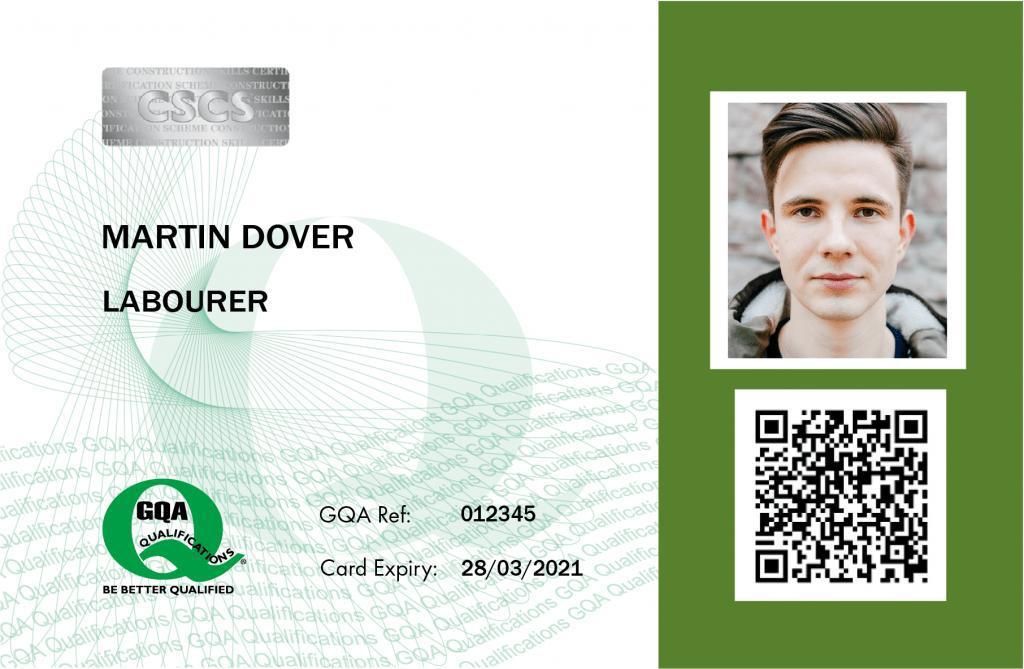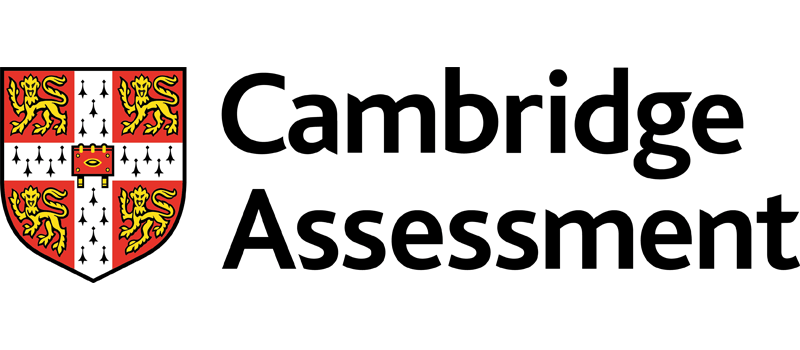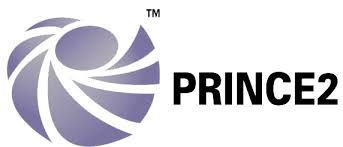The art of influencing and persuading has been a pivotal aspect of effective communication, leadership, and negotiation. In a world where decisions are driven by information, emotions, and relationships, understanding how to wield influence in a compelling and ethical manner is more critical than ever. This course explores advanced creative methods for mastering the psychological, strategic, and interpersonal dynamics of influence, designed for professionals seeking to elevate their ability to guide others and shape outcomes.
Influencing is not simply about convincing others to adopt your viewpoint; it involves understanding the motivations, values, and needs of your audience. Effective persuasion hinges on the ability to craft messages that resonate deeply, appeal to emotions, and inspire action. This course will provide practical tools and creative approaches that go beyond traditional influence techniques, introducing strategies that are adaptable to various contexts, from corporate environments to personal development.
Through the integration of advanced psychological theories, real-world examples, and hands-on practice, participants will learn how to develop compelling narratives, manage resistance, and build trust. These creative methods allow individuals to influence others with integrity, aligning goals while respecting autonomy. The course will delve into behavioral economics, cognitive biases, and the role of empathy in effective persuasion, offering a well-rounded perspective on how to harness the power of influence for positive outcomes.
At the core of this training is the principle that influence and persuasion are not static but dynamic processes. Participants will discover how to apply adaptive strategies that can be tailored to specific scenarios, audiences, and objectives. The course will also focus on the ethical implications of influence, emphasizing the importance of maintaining authenticity and transparency while achieving desired outcomes.
An essential component of this training is the cultivation of creativity. In an age where traditional approaches to persuasion may fall short, thinking outside the box is necessary to capture attention, engage diverse audiences, and spark long-lasting change. By leveraging creative methods, participants will be equipped to lead with greater impact, facilitating innovation and driving success in their respective fields.
In addition to theory and strategy, the course will provide participants with opportunities for skill development through interactive workshops, role-playing, and group discussions. These experiential learning activities are designed to reinforce key concepts, allowing participants to practice their newly acquired skills in real-time and receive constructive feedback.




















































